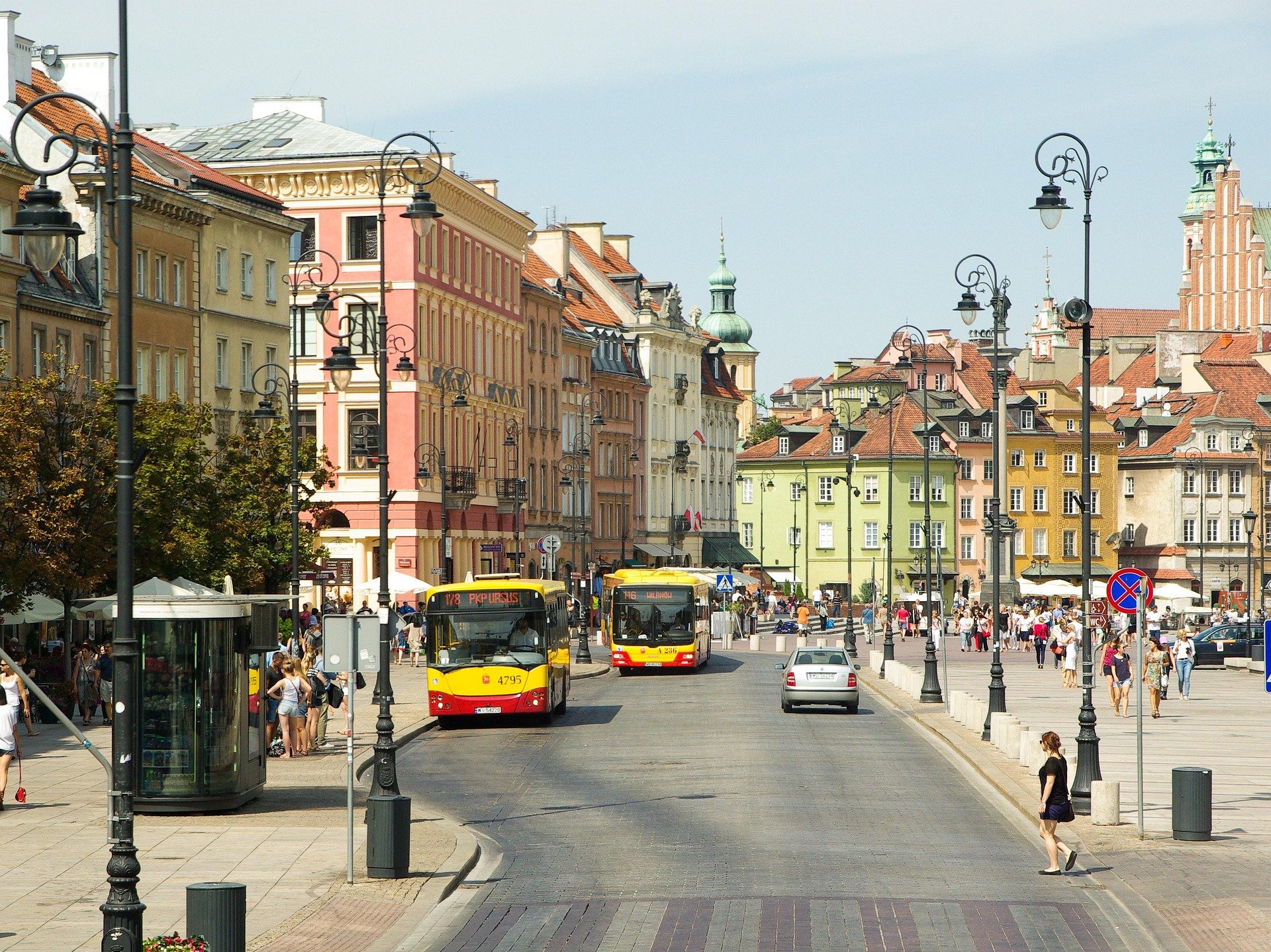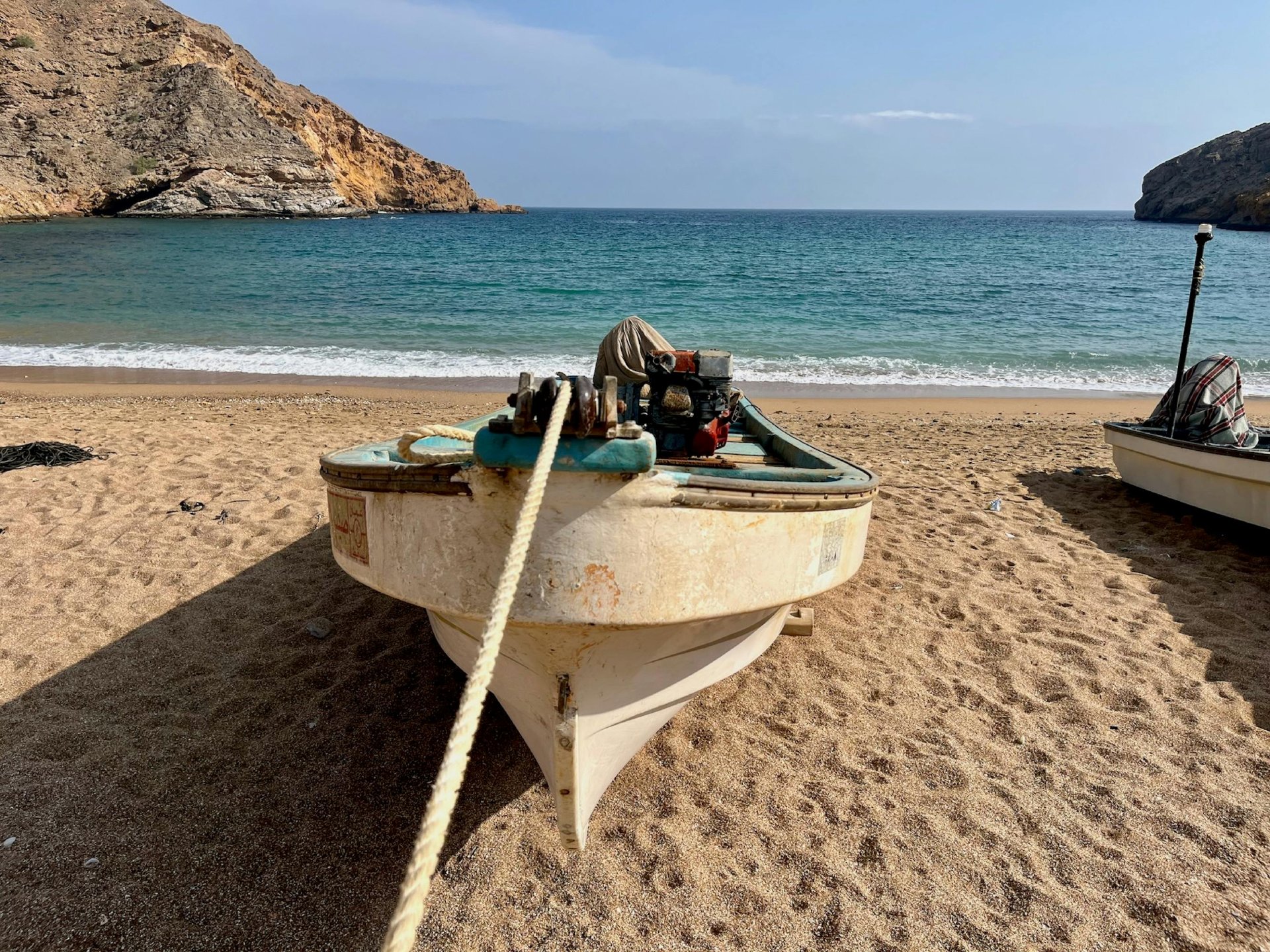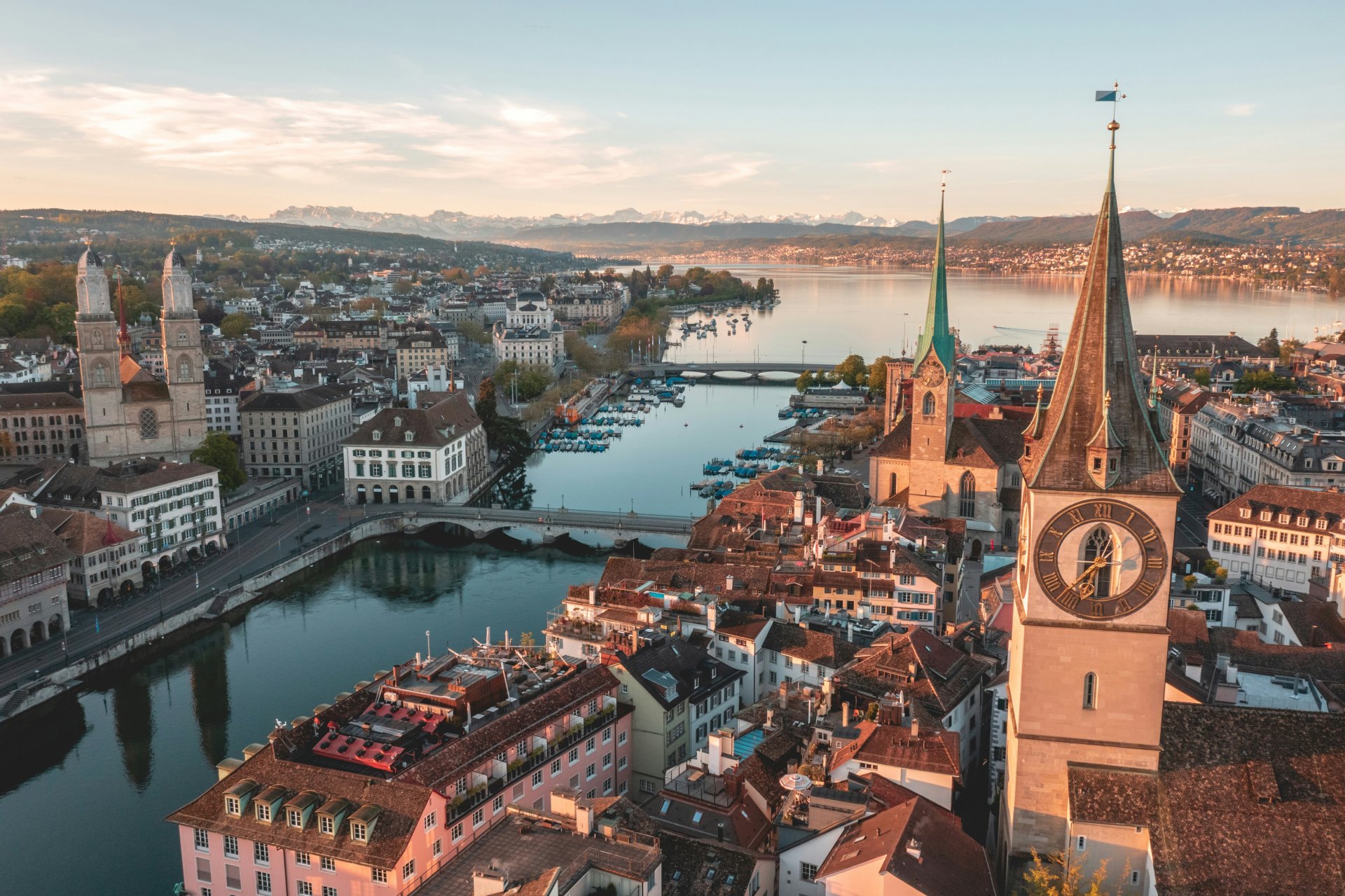Article Highlights
- Sustainable travel minimizes environmental harm while supporting local communities.
- Ecotourism emphasizes conservation through immersive, nature-based experiences.
- Costa Rica, New Zealand, and Bhutan are global leaders in sustainable tourism policies.
- Reducing overpacking, choosing eco tours, and offsetting carbon emissions are simple steps for more sustainable travel.
- Adventure, luxury, and business travel incorporate unique, sustainable practices to meet traveler needs.
Sustainable travel and ecotourism are reshaping the way we explore the world. They offer travelers the opportunity to reduce their environmental footprint while fostering positive impacts on local communities and ecosystems.
&Beyond, a Global Rescue Safe Travel Partner, is a custom tour operator for sub-Saharan Africa, Asia, South America, and Antarctica, prioritizing ecotourism and sustainability. “Travel has evolved from the adage of taking only photos and leaving only footprints. The world’s wild places need us to do better than that. Now it’s about taking memories and leaving a legacy,” said Joss Kent, CEO &Beyond.
As the travel industry evolves to meet the growing demand for responsible tourism, individuals and organizations are discovering innovative ways to make travel more sustainable, whether for leisure, adventure, luxury, or business purposes.
Countries Leading the Way in Sustainable Travel and Ecotourism
Innovative policies and technologies are driving the future of sustainable tourism. Many countries are introducing robust sustainability guidelines to protect their environments and cultural heritage.
- Costa Rica: A pioneer in ecotourism, Costa Rica generates significant revenue from its protected natural areas, ensuring long-term conservation efforts.
- New Zealand: Known for its pristine landscapes, New Zealand emphasizes cultural and environmental preservation through the Tiaki Promise initiative.
- Iceland: Iceland invests in renewable energy, sustainable infrastructure, and eco-conscious travel programs to protect its fragile ecosystems.
- Bhutan: With a “high-value, low-impact” tourism strategy, Bhutan limits visitor numbers and ensures all tourists contribute to environmental and cultural preservation.
- Kenya: Renowned for its wildlife safaris, Kenya supports sustainable travel through conservation programs and community-based tourism.
Sustainable Travel Vs. Ecotourism
Sustainable travel refers to practices that minimize tourism’s negative impact on the environment and local cultures while maximizing its positive contributions to communities and ecosystems. It emphasizes responsible resource use, carbon footprint reduction, and supporting local economies.
Ecotourism is a specific subset of sustainable travel. Focused on natural environments, it encourages conservation efforts and provides travelers with opportunities to engage with wildlife, local habitats, and cultural heritage in meaningful ways. Eco tours often include wildlife safaris, hiking in protected areas, or visiting indigenous communities to learn about traditional practices.
Global Rescue is helping Re:wild, an organization that has protected and conserved more than 180 million acres, benefitting more than 16,000 species in the world’s most irreplaceable places for biodiversity. “Global Rescue ensures that our scientists and conservationists in the field have access to lifesaving help if anything goes wrong in the many remote locations where we work across the planet,” said Wes Sechrest, CEO and chief scientist of Re:wild.
Both sustainable travel and ecotourism prioritize environmental stewardship, but ecotourism leans heavily on nature-based experiences and conservation.
How To Travel More Sustainably
Travelers can adopt several strategies to make their journeys more sustainable:
- Choose Eco-Friendly Accommodations: Opt for hotels and lodges with certifications like LEED (Leadership in Energy and Environmental Design) or Green Key. Many destinations now offer eco-friendly stays, from solar-powered lodges to accommodations that recycle graywater.
- Reduce Carbon Footprint: Fly less and choose nonstop flights when flying is necessary. Use public transportation, bike rentals, or electric vehicles at your destination. Consider offsetting carbon emissions through verified programs.
- Support Local Economies: Spend money on locally owned businesses, hire local guides, and buy from artisans to ensure your tourism dollars stay within the community.
- Avoid Overcrowded Destinations: Instead of popular spots struggling with overtourism, visit lesser-known locations. These off-the-beaten-path destinations often offer authentic experiences while alleviating pressure on crowded landmarks.
- Minimize Waste: Carry reusable items like water bottles, straws, and shopping bags. Avoid single-use plastics and dispose of waste responsibly.
Differences in Sustainable Travel for Leisure, Adventure, Luxury, and Business Travel
- Leisure Travel: Focuses on minimizing environmental impact through eco-friendly accommodations and experiences. Families and solo travelers are encouraged to engage in local traditions and support small businesses.
- Adventure Travel: Incorporates eco-tours like hiking, kayaking, or wildlife spotting, often in remote areas. Sustainable adventure travel minimizes ecological disruption by emphasizing leave-no-trace principles.
- Luxury Travel: These travelers increasingly demand sustainability. This segment features private eco-friendly accommodations, organic cuisine, and carbon-neutral travel options while maintaining comfort and exclusivity.
- Business Travel: Sustainable business travel includes virtual meetings to reduce unnecessary trips, eco-conscious accommodations, and corporate carbon offset programs.
The Future of Sustainable Travel
As awareness of climate change and environmental degradation grows, the travel industry aligns with sustainable practices to address these challenges. From government initiatives to individual choices, sustainable travel and ecotourism are not just trends but necessities. Travelers can drive meaningful change by prioritizing responsible tourism, supporting local economies, and protecting the destinations they cherish.









